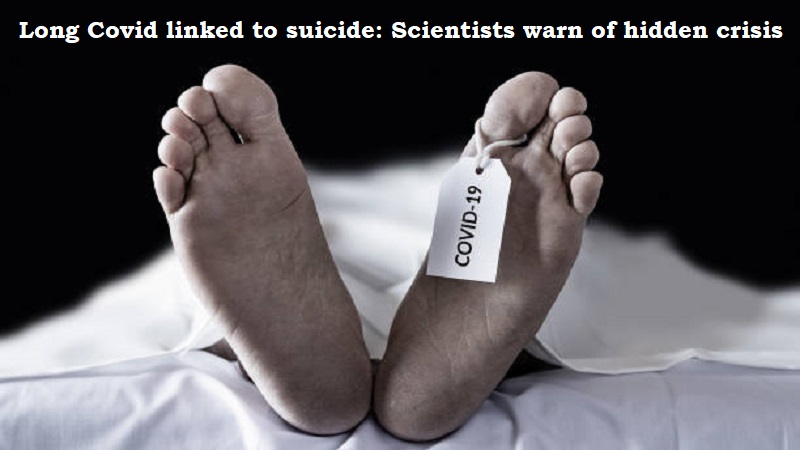
According to the World Health Organization, long covid is a difficult-to-diagnose medical syndrome with more than 200 symptoms, some of which can be confused with other conditions. These symptoms range from fatigue and cognitive decline to discomfort, fever, and heart palpitations.
The frequency of suicides among patients is not well-documented. Following evidence of an increase in depression and suicidal thoughts among people with long Covid as well as an increasing number of known deaths, several scientists from organisations including the U.S. National Institutes of Health and Britain’s data-collection agency are starting to investigate a potential link.
‘I’m sure long Covid is associated with suicidal thoughts, with suicide attempts, with suicide plans and the risk of suicide death. We just don’t have epidemiological data,’ said Leo Sher, a psychiatrist at Mount Sinai Health System in New York who studies mood disorders and suicidal behavior.
Governments and scientists are only now beginning to rigorously research the area as they emerge from an epidemic that itself blindsided most of the world, contributing to the lack of understanding of the possible long-term impacts of Covid-19.
According to the University of Washington’s Institute for Health Metrics and Evaluation, while many long-term Covid users heal with time, 15% of them still have symptoms after a year (IHME). There is no established cure, and the incapacitating symptoms often prevent victims from working.

Post Your Comments